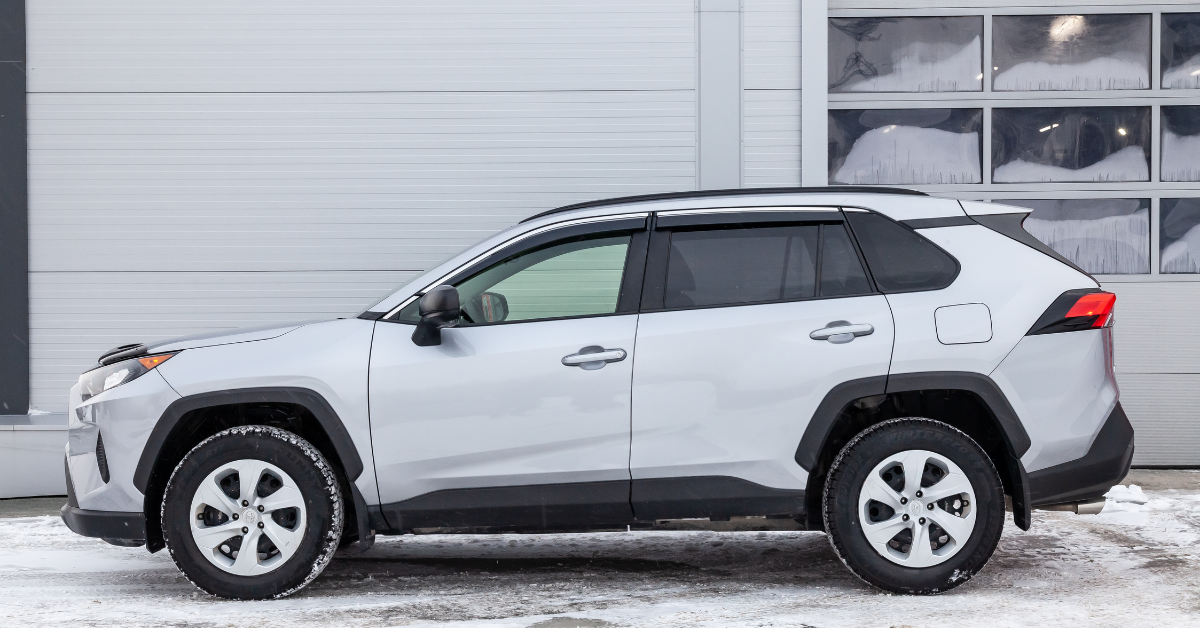When it comes to Japan’s automotive industry, Toyota is often the first name that comes to mind. Known globally for its innovation, reliability, and scale, Toyota also holds a dominant position within the domestic market. However, Japan is also home to other world-class car manufacturers such as Honda, Nissan, Suzuki, and Mazda. This article explores Toyota’s popularity in Japan, its leading factors, and how other Japanese automakers compare in terms of consumer preference and market presence.
Why Is Toyota So Popular in Japan?
A Perfect Balance of Trust, Variety, and Innovation
Toyota has consistently ranked at the top of Japan’s new car sales. The reasons behind this popularity are rooted in its brand strength, consistent quality, and wide model range.
| Reason | Explanation |
|---|---|
| High reliability | Toyota vehicles are known for long-lasting performance with fewer breakdowns. |
| Wide model lineup | From compact cars to luxury sedans and SUVs, Toyota offers options for every user. |
| Strong resale value | Toyota cars maintain value well, making them cost-effective in the long run. |
| Advanced fuel efficiency | Toyota leads in hybrid technology, offering fuel-efficient choices for eco-conscious buyers. |
| Established brand reputation | Toyota symbolizes safety, durability, and trust for many Japanese consumers. |
These factors contribute to Toyota being the go-to brand for families, senior drivers, and first-time buyers alike.
How Do Other Japanese Car Makers Compare?
Unique Strengths and Loyal Customer Bases
Though Toyota holds the top spot, other Japanese manufacturers also enjoy strong domestic followings thanks to their unique value propositions.
| Manufacturer | Characteristics and Strengths |
|---|---|
| Nissan | Focuses on smart technologies like e-POWER and ProPILOT; urban drivers appreciate the innovation. |
| Honda | Known for versatile compact cars and sporty performance; models like Fit and N-BOX are best-sellers. |
| Suzuki | Dominates the kei car segment; affordable and practical vehicles especially for rural and elderly users. |
| Mazda | Appeals to design-focused drivers with sleek styling and enjoyable driving dynamics. |
| Subaru | Offers strong safety systems and all-wheel drive; favored by outdoor enthusiasts and families. |
Each of these brands caters to specific consumer needs, making Japan’s automotive landscape both competitive and diverse.
What Criteria Do Japanese Consumers Prioritize?
Practicality and Long-Term Value Are Key
Japanese car buyers tend to emphasize the following factors when choosing a vehicle:
- Fuel efficiency and low maintenance costs
- Safety features such as collision prevention systems
- Resale value and durability
- Comfort for both city and highway driving
- Proven track records in customer satisfaction
Toyota excels in all these areas, making it an easy and risk-free choice for many households.
Will Toyota Remain Dominant in the Future?
Continued Innovation Keeps Toyota Ahead
Toyota is not resting on its laurels. The company is heavily investing in:
- Electric Vehicles (EV) like the bZ series
- Hydrogen-powered fuel cell technology
- Mobility-as-a-Service (MaaS) and subscription-based models
- Global partnerships and R&D to stay ahead in automated driving
By diversifying its mobility services and embracing sustainability, Toyota positions itself as a leader not just in Japan, but globally.
Conclusion
Toyota remains Japan’s most popular car brand due to its unmatched reliability, broad vehicle range, and strong resale value. While competitors like Honda, Nissan, and Subaru also enjoy loyal followings, Toyota’s balance of practicality and innovation continues to make it the top choice for Japanese drivers.
Whether you’re seeking a compact city car or a reliable family van, Toyota offers solutions that meet the everyday needs of Japanese consumers, solidifying its place at the top of the market.






